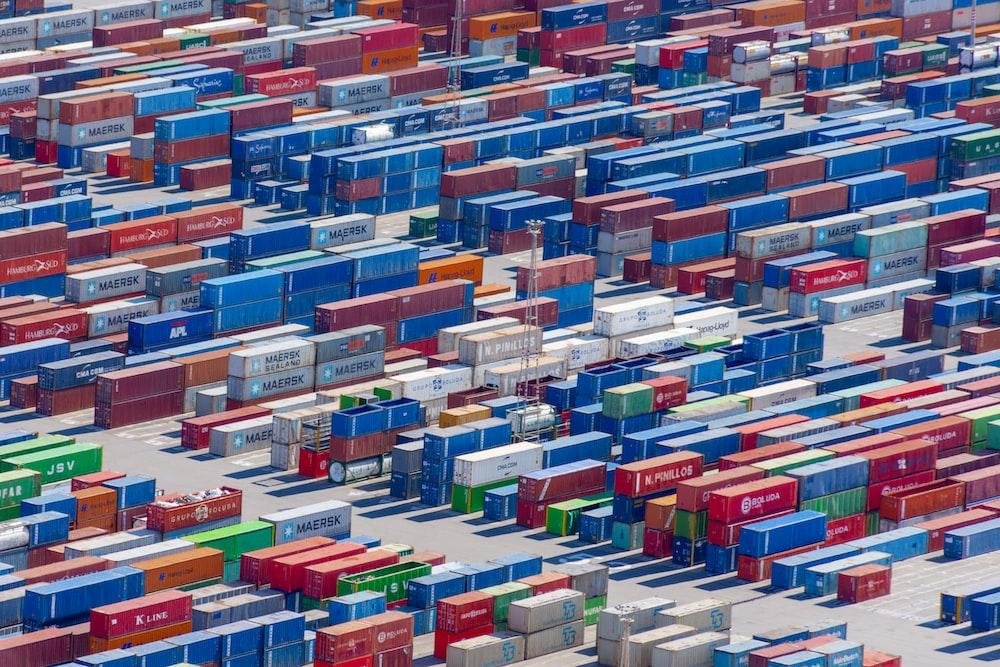Is the logistics industry prepared for a downturn in 2023? Many experts worldwide predict that the global economy will continue to stagnate due to various factors.
Whether it’s manufacturing, agriculture, or simply moving things, logistics firms are the backbone of every industry. It’s hard to imagine the economy working without the carefully designed strategies behind the merchandise crossing lands and seas, or without adequate logistics and transportation. These play a crucial role in ensuring smooth operations and promoting trade. However, more hurdles appear as time passes, even for the largest logistics organizations. Ever-evolving changes in customer demand, legislation, and technology mean that the logistics industry must keep up with ever-evolving trends and norms.
To avoid being caught off guard, read on to learn about some of the supply chain difficulties shippers may anticipate this year.
Evolving customer expectations
Customers want immediate shipping at an excellent price, extremely fast delivery, and, last but not least, “track and trace,” or immediate visibility of the delivery status. Simply put, they want more bang for their buck. This isn’t a new concept, as it prevails in every industry, but it’s more pronounced in logistics.
Companies that seek competitive advantage know that customer satisfaction is at the core of their business. If they don’t meet clients’ needs, competitors will take their place. Logistics companies must ensure that every aspect of customer service, from delivery acceptance to execution, is flawless. Additionally, they should implement accurate strategies that offer LTL services to allow customers to fill last-minute orders for smaller loads and therefore serve a broader clientele.
If you’re planning to start a logistics company, remember that efficiency is key. Customers should be informed of progress updates, and they should be able to obtain prices and spot quotations, as well as track and trace their deliveries in real-time. Only by minimizing inconsistencies in tracking and keeping clients informed and updated can your business stay afloat and thrive in this highly-competitive industry.
Rising fuel prices
The logistics industry relies heavily on fuel consumption. Therefore, changes to the fuel economy will always have first-hand impacts on transport logistics. Price fluctuations are caused by natural disasters, conflicts, wars, pandemics, international exchange rates, the global price of oil, and, last but not least, supply and demand. It’s not rocket science that the global economic state and uncertainty are taking a toll on the logistics companies, bringing the following aftermaths:
Increased transport logistics cost affects all supply chain stages, including the shipper, carrier, and receiver. The cost of goods increases to protect the supplies’ profit margins because companies that use transport logistics to distribute them also experience higher prices.
As fuel costs increase, transport services’ frequency may be lower to reduce the fuel used to make deliveries.
Each transportation mode has its own optimum service area, which is likely to change with the increase in gas prices.
Driver shortage
A thriving economy means that goods are harder to get where they need to be, as drivers need to drive longer hours and stay extended periods away from home. The cost of products grows, giving the opposite effect of a booming economy.
Research shows that driver demand in Europe was up 44% from January to September 2022, predicting that 30% of drivers will retire by 2026, and that the rate of younger replacements needs to be higher to meet the demand for logistics drivers.
The key to partially resolving this problem lies in route optimization, which means boosting the effectiveness of the existing fleet within logistics companies. Thanks to more realistic arrival times and routing, drivers are more likely to arrive on time, decreasing their stress and increasing driver satisfaction and long-term retention.
Transport automation and IoT
The logistics industry has faced challenges like order fulfillment and warehouse automation. However, with rising demand, many transportation companies have proven eager to use them. They help streamline processes as clients push for more modern transport techniques.
With the rise of e-commerce, logistics organizations must operate faster and more efficiently and process clients’ orders quickly. If logistical issues took days or even months to resolve ten years ago, problems could now be resolved in real-time owing to IoT sensors that monitor manufacturing and distribution.
Many companies are still figuring out ways to understand tech advances and implement them into their strategies to adjust, as they have no choice but to do so. If you own a logistics company, it’s best to look for intelligent ways to invest in IoT technology and offer employee training to avoid losing your competitive advantage or outsourcing to a modern 3PL partner for distribution.
Getting greener
In an era of increasing environmental regulations and social concerns, history is beginning to turn the page on corporations that fail to minimize their carbon footprint. Adopting environmentally-friendly solutions is one way your company can jump on the green business trend and act as a leader of the new era. Using parcel collection-point networks to reduce the distance between clients is among the best ways to reduce CO2 emissions. Another idea would be to buy a fleet of electric vehicles (EVs), a practice that the sustainable state of California endorses by promoting mass EV adoption through already-passed legislation.
Automakers like Toyota, GM, Honda, Ford, and many others are planning several new EV models for trucks, vans, and cars to compete with Tesla in the following period.
Conclusion
The biggest challenge for the logistics industry in 2023 is related to the economic uncertainties driven by supply chain disruptions, tighter consumer spending, and higher interest rates. Adhering to sustainable practices, keeping up with rising fuel prices, and implementing tech solutions are other aspects that logistics companies must handle effectively this year.
Therefore, firms will have to overcome economic pressure, invest in the right technology and people, and be open-minded to pass with flying colors through this period of intense but necessary changes.
